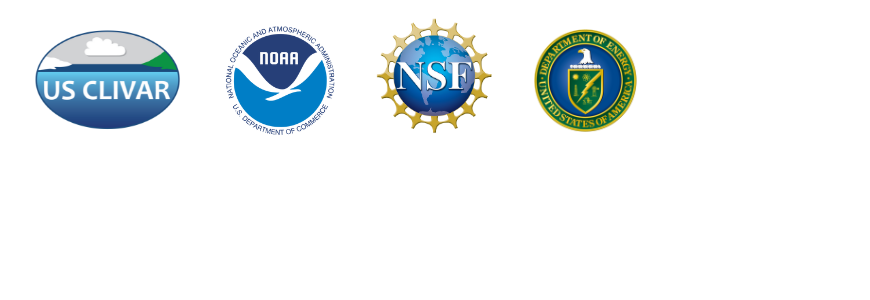Blocking and Extreme Weather in a Changing Climate Workshop
Atmospheric blocking often causes high-impact weather extremes such as heat waves, droughts, cold outbreaks, and floods in the mid-latitudes. However, the physical and dynamical processes involved in blocking and how blocking and associated extremes may respond to climate change are not yet fully understood. This reduces our confidence in prediction on subseasonal to decadal timescales and in projection for the coming century, hindering informed decisions and policy making in relation to climate mitigation and adaptation. Blocking, a complex phenomenon with a range of different processes involved, strongly interacts with other components of the climate system. This is an emergent subject as climate change may affect the frequency, duration, and geographic distribution of blocking and associated extreme weather events.
Objectives
This workshop aims to advance our process-level understanding and diagnosis of the connections between atmospheric blocking and extreme weather in a changing climate, and the connections and feedback of climate variability to blocking and extreme weather. To achieve this goal, the workshop will:
Assemble scientists across various research communities, enabling dialogue and exchange of ideas;
Synthesize the current understanding of blocking and extreme weather in a changing climate, including their representation in climate and weather models; and
- Identify the most important knowledge gaps and modeling challenges, propose ways to move science forward, and enable new collaborations.
Invited Speakers
We are happy to announce the following invited speakers:
Olivia Romppainen-Martius (University of Bern)
Noboru Nakamura (University of Chicago)
Reinhard Schiemann (University of Reading)
Seraphine Hauser (University of Oklahoma)
Christina Karamperidou (University of Hawaiʻi at Mānoa)
Pedram Hassanzadeh (University of Chicago)
Target Participants
Attendance is open to all, with participation sought from the atmosphere-ocean-ice coupling, remote sensing, climate modeling, paleoclimate, subseasonal to decadal prediction, climate feedback, and climate assessment communities. The workshop will be inclusive of attendees across career stages and identities.
Workshop Format
The three-day hybrid workshop will consist of oral sessions, poster sessions, and breakout group discussions focused on open questions regarding atmospheric blocking and extreme weather in a changing climate. Before the workshop, organizers will reach out to participants to solicit questions or controversial aspects to frame discussions. Breakout moderators will lead discussions to identify gaps in existing knowledge and brainstorm ways forward.
Outcomes
Deliverables include:
- Recommendations for necessary observations, diagnostic and modeling activities, and theoretical frameworks that advance process-level understanding of blocking mechanisms and the connections between atmospheric blocking and other components of the climate system
- Action plan that identifies strategies to improve model representation of the connections between blocking and weather extremes in climate models
- Community building across the weather and climate research communities
- Identification of agreeable definitions, protocols, methodologies, and datasets to build consensus and further develop a Blocking Extreme Model Intercomparison Project (BEMIP)
The organizing committee will share results with the broader community through a workshop report as well as possibly a review and synthesis paper.
Scientific Organizing Committee
Lei Wang, Purdue University (Co-chair)
Jian Lu, Pacific Northwest National Laboratory (Co-chair)
Melissa Breeden, NOAA Physical Sciences Laboratory
Gang Chen, University of California, Los Angeles
Stephanie Henderson, University of Wisconsin-Madison
Veeshan Narinesingh, NOAA Geophysical Fluid Dynamics Laboratory
Isla Simpson, National Center for Atmospheric Research
Tim Woollings, University of Oxford
Program Organizing Committee
Alyssa Cannistraci, US CLIVAR
Mike Patterson, US CLIVAR
Jessica Martinez, UCAR CPAESS
Workshop Sponsors


